Last updated on March 28th, 2023
Christopher Columbus is one of the most controversial figures in history. The daring explorer attempted the impossible and made vital maritime discoveries, catapulting him to the status of a hero. Former U.S. president Benjamin Harrison even described him as a pioneer of progress and enlightenment. However, evidence also shows he caused immense suffering to indigenous peoples. Critical reflection is making people reconsider their attitudes toward the holiday on a global scale. Read on to discover 50 facts about Columbus Day.
Essential Facts
1. A Historic Day
Columbus Day celebrates the arrival of Christopher Columbus in the Americas on October 12, 1492 – an event that changed the course of history.
2. A Federal Holiday
The anniversary is one of the 11 federal holidays in the United States, observed on the second Monday of October. It falls between Oct 8 and 14, depending on the calendar year.
3. Who is Columbus?
Christopher Columbus was a navigator from Genoa, Italy. He was the son of a wool weaver and cheese vendor. Lacking formal education, he educated himself by reading books on astronomy, geography, and history.
World Map
4. Why Columbus Sailed
Columbus wanted to find a western sea route to the Far East – a source of lucrative spices. However, he ended up in the New World instead.
5. The Age of Discovery
His voyage triggered European expansion in the region. Naval powers began their colonization of the Americas, which lasted for hundreds of years.
6. The Columbian Exchange
The discovery led to the widespread transfer of culture and technology. It also started the mass movement of people, plants, and animals between the Old and New Worlds.
7. Global Celebration
The United States is not the only country to mark the event. Due to its widespread impact, commemoration also occurs in Europe, Latin America, and the Caribbean.
8. Vocal Critics
It is a contentious holiday. Native Americans point to the suffering inflicted by the colonizers, while some Protestants are unhappy with the Catholic undertones of the celebrations.
9. Popular Opposition
Surveys conducted by Rasmussen Reports show that many adult Americans are not in favor of Columbus Day celebrations, with numbers ranging between 26% and 38%.
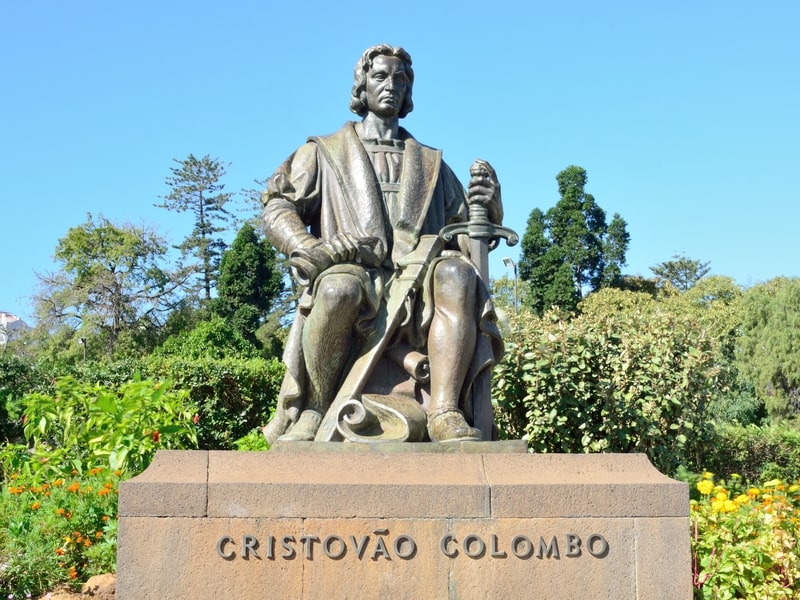
10. Questionable Character
His excellence as a mariner cannot erase his acts of atrocity. Historians documented the mutilation and enslavement of native populations upon the orders of Columbus.
History of Columbus Day
11. The First Celebrations in the U.S.
In 1792, the political institution called the Columbian Order of New York commemorated the 300th anniversary of his landing in the Americas.
12. Italian American Heritage
Italian Americans see Columbus Day as a celebration of their heritage, as they also left Europe to seek their fortunes in the New World. They began staging the event in 1866.
13. A Legal Holiday
Early celebrations were informal gatherings. Colorado was the first to proclaim it as a state holiday in 1905. It became a statutory holiday in 1907.
14. Easing Tensions
In 1892, the lynching of Italian immigrants in New Orleans led to 11 casualties. President Benjamin Harrison tried to ease tensions by declaring the 400th anniversary of the Columbus voyage as a one-time national holiday.
15. The Columbus Day Lobby
In 1934, the U.S. Congress asked President Franklin D. Roosevelt to designate October 12 as Columbus Day and encourage people to celebrate the discovery of America.
16. Elevation to Federal Holiday
President Roosevelt made the proclamation, but Columbus Day was only ceremonial. It did not become a federal holiday until 1971. President Lyndon Johnson signed the enabling legislation.
17. National Observance
Federal agencies, state government offices, banks, bond markets, school districts, the US Postal Service, and many businesses observe Columbus Day across the country, although reception varies from state to state.
18. The Oldest Continuous Celebration
In 1868, the Italian American community began holding an annual Columbus Day Parade in San Francisco, California.
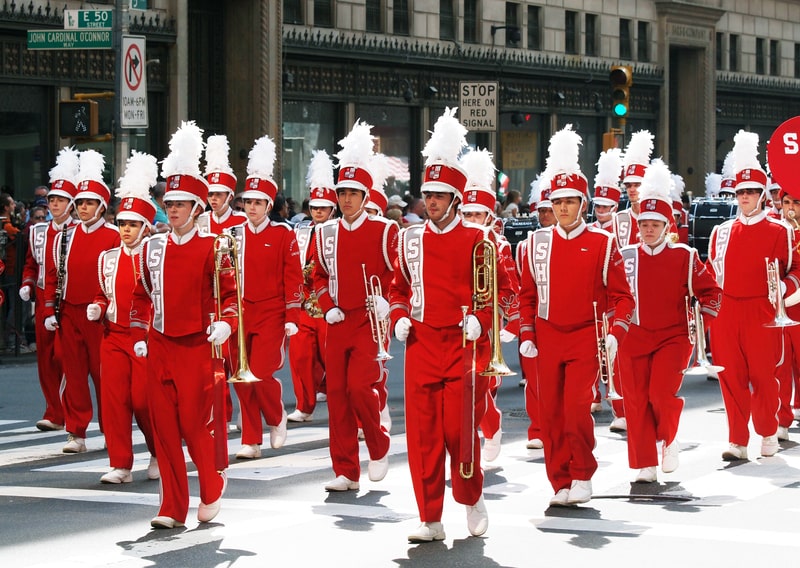
19. The Largest Parade
New York City cannot compete in terms of longevity, but it boasts the largest Columbus Day parade. It has more than 35,000 marchers joining each year.
20. Dual Celebrations
It is more fun in Virginia as the state celebrates two holidays on the same date: Columbus Day and Yorktown Victory Day – a turning point in the American Revolutionary War.
The Columbus Voyage
21. Trading Block
In 1453, Constantinople fell to the Ottoman Empire, which barred Christian traders from the Silk Road. Europeans began searching for alternative routes to China and Southeast Asia.
22. Missed Opportunity
In 1474, a Florentine astronomer named Toscanelli proposed a westward sea route to the Spice Islands, but King Alfonso V of Portugal rejected it.
23. Columbus Hatches His Plan
Christopher Columbus and his brother also dreamed of sailing west. He corresponded with Toscanelli, who encouraged him and gave him a map.
24. Faulty Estimates
Columbus grossly underestimated the distance to East Asia. His errors led to rejections when he sought sponsorship from the naval powers Portugal, England, and Spain.
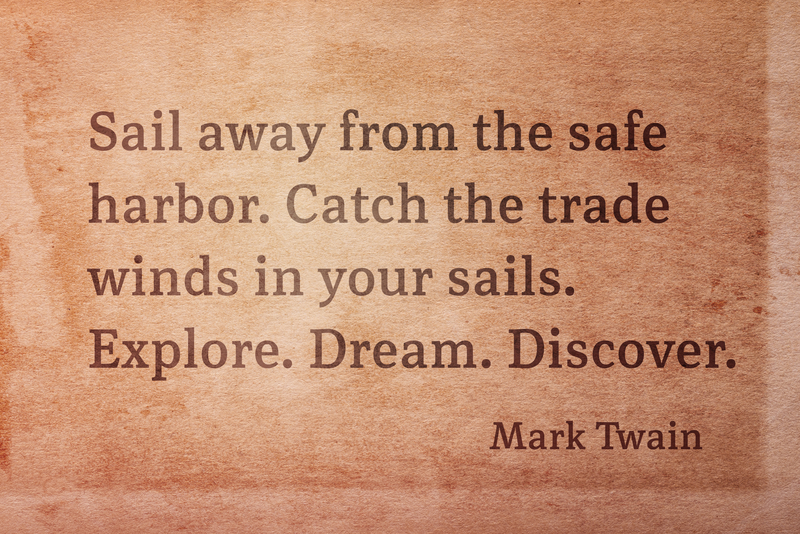
25. Taking the Risk
After an expensive war against the Moors, Spain needed to replenish its coffers. Its Catholic Monarchs called Columbus back and agreed to finance his voyage to establish a new trade route.
26. Riding the Wind
Despite the limitations of 15th-century ships, Columbus successfully navigated the Atlantic Ocean by taking advantage of trade winds blowing from east to west due to the rotation of the Earth.
27. Finding Land
After five weeks of sailing, they spotted the island of Guanahani in the Bahamas, where he met the peaceful natives. Columbus Day celebrates this first contact.
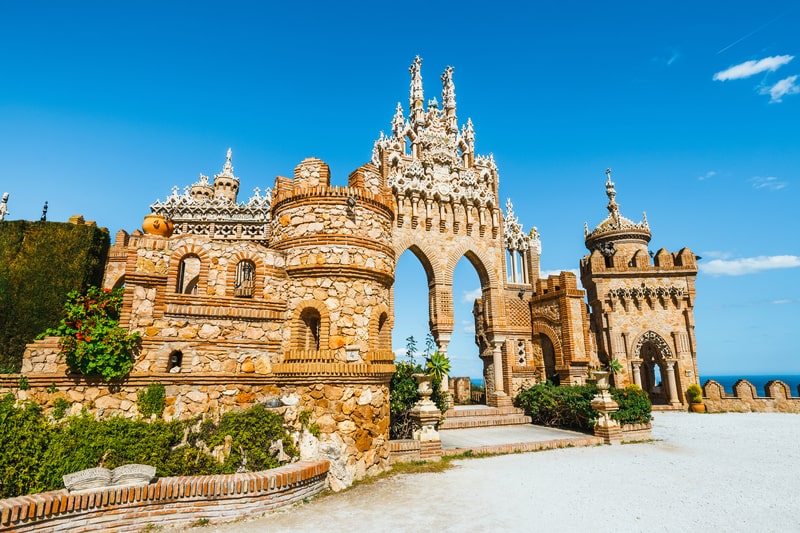
28. Return to Spain
Columbus received a hero’s welcome upon his return on March 15, 1493. In a published letter, he erroneously claimed to reach Asia. He refused to believe that those were different lands despite the evidence.
29. Succeeding Voyages
Columbus led three additional voyages with more ships and men to establish permanent colonies. He enslaved the indigenous people and shipped some to Spain under harsh conditions.
30. The Crown Investigates
Accusations of brutality reached Spain. The monarchs sent Francisco de Bobadilla to investigate Columbus and his brothers. Bobadilla gathered testimonies, seized their property, and sent the brothers to jail in Spain. King Ferdinand ordered their release.
Indigenous People’s Day
31. A Counter-celebration
Critics of Columbus say he represents a violent colonial history. Public enthusiasm for Columbus Day waned in the latter half of the 1900s.
32. The Tide Turns
In 1977, the United Nations promoted a conference about discrimination against indigenous populations. Participants discussed replacing Columbus Day with Indigenous Peoples Day.
33. Making a Mark
In 1990, representatives of indigenous people across the Americas gathered at a conference in Ecuador. They aimed to promote liberation and continental unity versus the upcoming 500th anniversary of the Columbus voyage.
34. Protests Begin
The Bay Area Indian Alliance rallied against the Columbus Day Quincentennial Jubilee celebrations, including a planned reenactment under the Golden Gate Bridge in 1992.
35. A City Stands Up
While the rest of the country celebrated the 500th anniversary of the Columbus landing, the city of Berkeley in California declared a Day of Solidarity with Indigenous People.
36. The Movement Spreads
Berkeley inspired other local governments to institute similar changes, including Richmond, Sebastopol, and Santa Cruz. Some renamed or canceled Columbus Day in favor of Native American celebrations.
37. Non-conforming States
Many states do not have formal celebrations of Columbus Day. These are Alaska, Iowa, Hawaii, Louisiana, Michigan, Maine, Oregon, Vermont, Wisconsin, New Mexico, and North Carolina.
38. Official Replacement
South Dakota prefers to observe Native American Day during the federal holiday. In Oklahoma, tribal governments also made similar designations.
39. Increased Participation
In 2017, the city councils of Oberlin in Ohio, Bangor in Maine, and Los Angeles in California voted to replace Columbus Day with Indigenous Peoples Day.
40. The Capital Catches On
In 2019, the Washington, D.C. council also made a temporary switch to Indigenous Peoples Day thanks to the efforts of independent council member David Grosso.
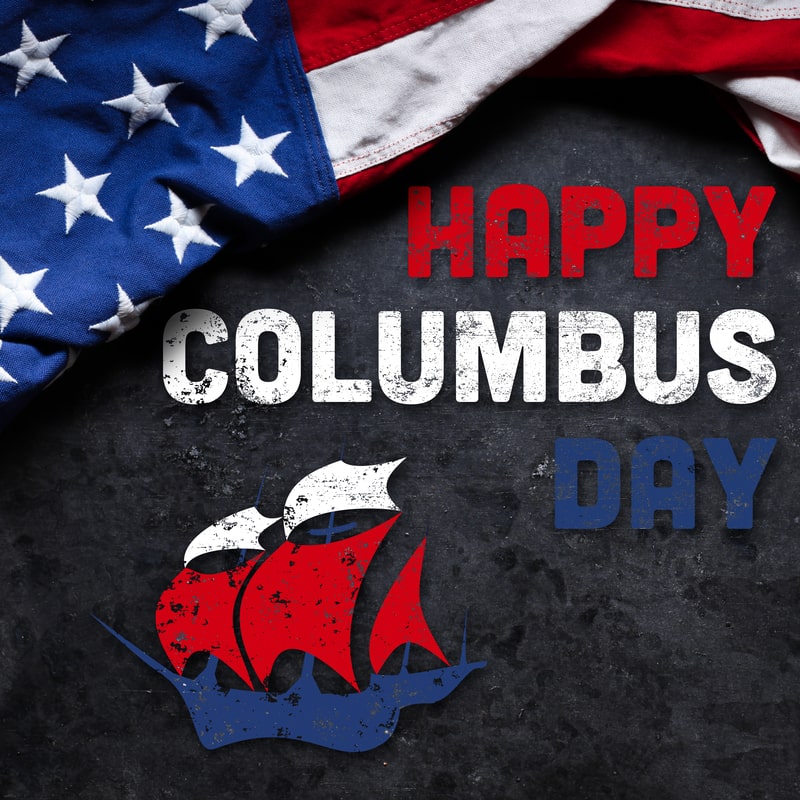
International Celebrations
41. Argentina
In 1917, Argentina celebrated the Columbus anniversary as Dia de la Raza, or Day of the (Hispanic) Race. In 2010, President Cristina Kirchner changed it to the Day of Respect for Cultural Diversity.
42. Venezuela
Venezuelans started to commemorate Dia de la Raza in 1921, but they changed the title to Dia de la Resistencia Indigena (Day of Indigenous Resistance) in 2002.
43. Colombia
The country takes its name from Christopher Columbus. In 1917, it began celebrating El dia de la Raza y de la Hispanidad.
44. Peru
Peruvians used to call their celebration the Day of the Discovery of America, but the name changed to Indigenous Peoples and Intercultural Dialogue Day.
45. Costa Rica
Costa Ricans called it the Day of Encounter of Cultures to highlight their diverse ethnicity. They stopped observing the holiday in 2020.
46. El Salvador
In 1915, El Salvador marked the anniversary with a national holiday celebrating the discovery of the New World. Their congress abolished it in 2021, citing the harm inflicted on indigenous peoples.
47. Bahamas
Columbus landed in the Bahamas in 1492. The anniversary was named Discovery Day until 2001 when they replaced it with National Heroes Day.

48. Dominican Republic
The country inaugurated the Columbus Lighthouse in 1992 and claimed that inside is a mausoleum containing the remains of its namesake, but DNA evidence is yet to prove it.
49. Italy
Italians celebrate their local hero with Giornata Nazionale di Cristoforo Colombo or Christopher Columbus National Day. Several military and civilian ships around the country bear his name.
50. Spain
Columbus swore allegiance to Spain. The country remembers him fondly for spreading their culture. October 12 is Fiesta National, marked with parades and cultural events.
